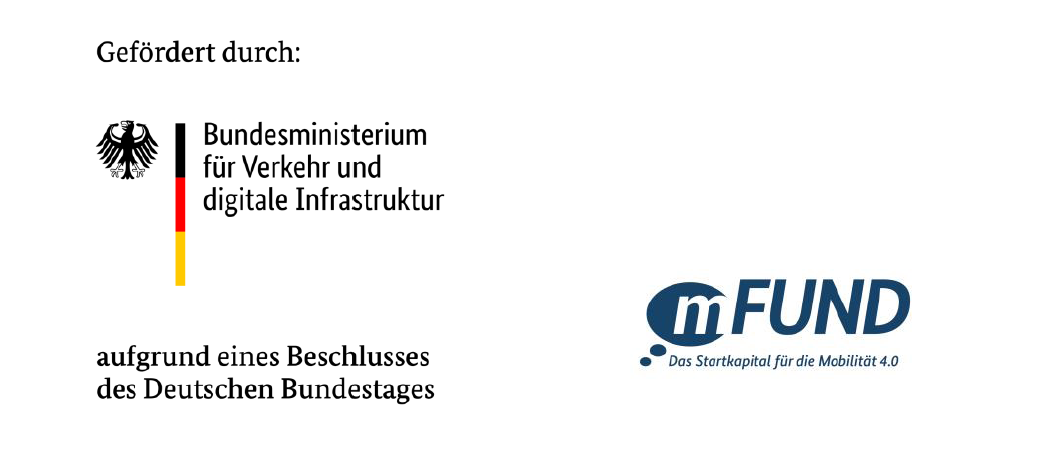DIW Econ conducted the feasibility study “Mobility as a Public Service (MaaPS)” from July 2020 to April 2021. The study aims to gauge the potential of micro-mobility data for public administration and develop concrete technical solutions for the efficient use of the data by local authorities. The “MaaPS” project is being funded by the German Federal Ministry of Transport and Digital Infrastructure with around 100,000 euros as part of the mFUND innovation initiative.
The project evaluated data from a micro-mobility provider on the use of electric pedal scooters in Berlin and Munich. Accompanying the evaluation of the data and the development of administrative recommendations for action, a dialogue took place with the Berlin and Munich authorities. The technical and administrative requirements for the implementation of a suitable process for data exchange between micro-mobility providers and municipalities were examined.
The study recommends aggregating micro-mobility data using the hexagonal spatial reference H3 and implementing a central competence or research data centre for micro-mobility data that could efficiently direct the exchange between providers and cities. “MaaPS lays the foundation for a standardised exchange of data between cities and micro-mobility providers in Germany,” states DIW Econ project manager Maximilian Priem.
